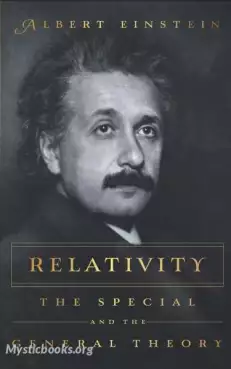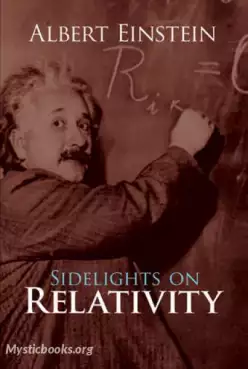
Timeline
Title
Country/Nationality
Albert Einstein
Albert Einstein ( 14 March 1879 – 18 April 1955) was a German-born theoretical physicist, widely acknowledged to be one of the greatest physicists of all time. Einstein is known widely for developing the theory of relativity, but he also made important contributions to the development of the theory of quantum mechanics. Relativity and quantum mechanics are together the two pillars of modern physics. His mass–energy equivalence formula E = mc2, which arises from relativity theory, has been dubbed "the world's most famous equation". His work is also known for its influence on the philosophy of science. He received the 1921 Nobel Prize in Physics "for his services to theoretical physics, and especially for his discovery of the law of the photoelectric effect", a pivotal step in the development of quantum theory. His intellectual achievements and originality resulted in "Einstein" becoming synonymous with "genius".
Albert Einstein was born in Ulm, in the Kingdom of Württemberg in the German Empire, on 14 March 1879 into a family of secular Ashkenazi Jews. His parents were Hermann Einstein, a salesman and engineer, and Pauline Koch. In 1880, the family moved to Munich, where Einstein's father and his uncle Jakob founded Elektrotechnische Fabrik J. Einstein & Cie, a company that manufactured electrical equipment based on direct current.
On 17 April 1955, Einstein experienced internal bleeding caused by the rupture of an abdominal aortic aneurysm, which had previously been reinforced surgically by Rudolph Nissen in 1948. He took the draft of a speech he was preparing for a television appearance commemorating the state of Israel's seventh anniversary with him to the hospital, but he did not live to complete it.
Einstein refused surgery, saying, "I want to go when I want. It is tasteless to prolong life artificially. I have done my share; it is time to go. I will do it elegantly." He died in Princeton Hospital early the next morning at the age of 76, having continued to work until near the end.
During the autopsy, the pathologist of Princeton Hospital, Thomas Stoltz Harvey, removed Einstein's brain for preservation without the permission of his family, in the hope that the neuroscience of the future would be able to discover what made Einstein so intelligent. Einstein's remains were cremated in Trenton, New Jersey, and his ashes were scattered at an undisclosed location.
In a memorial lecture delivered on 13 December 1965 at UNESCO headquarters, nuclear physicist J. Robert Oppenheimer summarized his impression of Einstein as a person: "He was almost wholly without sophistication and wholly without worldliness ... There was always with him a wonderful purity at once childlike and profoundly stubborn."
Books by Albert Einstein

Relativity: The Special and General Theory
Einstein wrote this book for people who are interested in understanding the Theory of Relativity but aren't experts in scientific and mathematical principles. I'm sure many people have heard about Einstein's Theory of Relativity, but most of them don...

Sidelights on Relativity
Sidelights on Relativity contains ETHER AND THE THEORY OF RELATIVITY, an address delivered on May 5th, 1920, in the University of Leyden; and GEOMETRY AND EXPERIENCE, an expanded form of an address to the Prussian Academy of Sciences in Berlin on Jan...